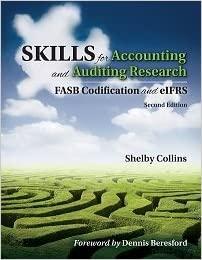Question
PLEASE HELP! THERE IS NO TABLE NEEDED A retailer uses the perpetual inventory and weighted average cost to value its inventory and cost of goods
PLEASE HELP! THERE IS NO TABLE NEEDED
A retailer uses the perpetual inventory and weighted average cost to value its inventory and cost of goods sold. The business recorded the following inventory transactions during the month of May.
Instructions: Use the perpetual weighted average method to answer the following questions concerning May inventory transactions. Calculate unit costs to the nearest penny ($0.01). Calculate inventory and cost of goods sold to the nearest dollar ($1).
Part A: What is unit cost for the May 7 sale ($)?
A. $80,00
B. $75.26
C. $76.00
D. $70.00
E. $75.00
Part B: What is the inventory balance ($) after the May 7 sale?
A. $7,600
B. $7,220
C. $6,650
D. $7,125
E. $7,150
Part C: What is unit cost for the May 19 sale ($)?
A. $85.00
B. $86.32
C. $80.00
D. $82.61
E. $80.18
Part D: What is the cost of goods sold for the month of May ($)?
A. $13,763
B. $14,875
C. $14,032
D. $14,000
E. $13,300
Part E: What is the ending inventory balance ($) on May 31?
A. $6,050
B. $9,495
C. $8,820
D. $9,087
E. $8,800
Step by Step Solution
There are 3 Steps involved in it
Step: 1

Get Instant Access to Expert-Tailored Solutions
See step-by-step solutions with expert insights and AI powered tools for academic success
Step: 2

Step: 3

Ace Your Homework with AI
Get the answers you need in no time with our AI-driven, step-by-step assistance
Get Started


